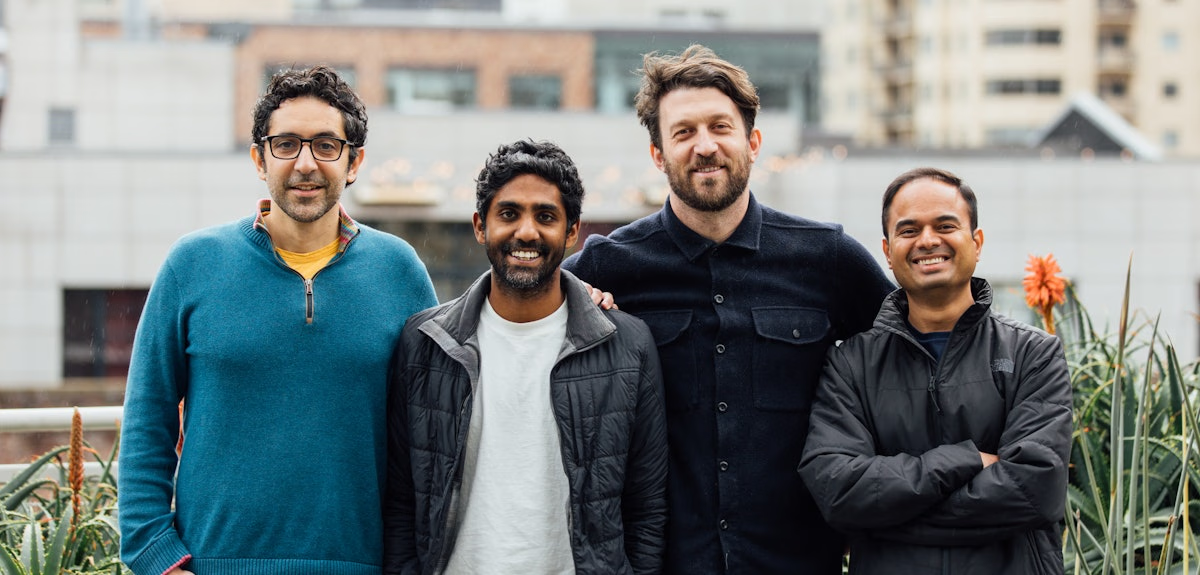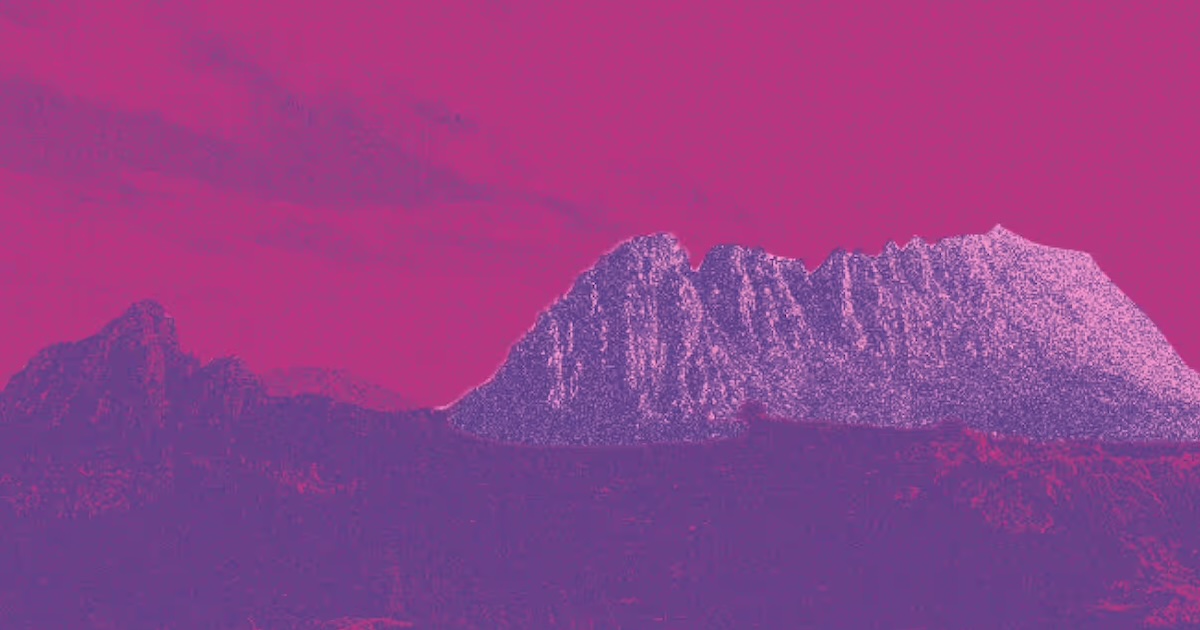
What I Learnt From My Blackbird Internship
I learnt how to break into the VC world, the importance of networks and why Australia is a great place to be a founder!
In true Blackbird fashion, I thought my experience would not be complete without a blog post on Medium. For the past 12 weeks, I’ve been fortunate enough to be part of the incredible team at Blackbird Ventures. Sitting alongside Nick Crocker and Mason Yates at the newly-furnished Melbourne office was nothing short of an exceptional and inspiring adventure.
Prior to October 2018, I was an analyst at an investment bank. Stepping out of university with a commerce degree, high ambitions and a strong competitive nature, this was the ideal platform to soak up knowledge. Education about the markets? Check. Technical skills? Check. Develop an intense work ethic? Check. Build commercial acumen? Check. Work amongst the smartest brains? Check.
The missing piece? Operations. Learning to grow a business. And working with dreamers. Not long after I realised I wanted a new experience and to be a better, more systematic founder, a LinkedIn message to Nick Crocker turned into an insightful 12-week internship at Blackbird Ventures. I worked 1 day a week, which was enough to answer all my burning questions and more, whilst working from the office all other days on Etoile Collective, my e-commerce beauty business.
For those who are and those who will be in similar shoes, here are the main things I learnt from my time at Blackbird Ventures.
1. How to get into VC in Australia
Fortunately, there are quite a few VC’s between Melbourne and Sydney. Unfortunately, they run very lean teams and almost never have a ‘Vacant Job Opportunities’ page. Typically, VC’s hire immediately after they raise a new fund as there’s more capital to deploy and need human resources to source and analyse potential deals. In the context of Australia, many VC’s raised new funds in 2018 which suggests that they won’t look to raise/hire until 2020 or beyond.
Nevertheless, if you are looking to be a junior VC, I would recommend attending events and begin developing relationships even if there are no positions available. Because of the lean team structures, VC’s can sometimes take a while as they try to hire for culture-add rather than culture-fit. Over time, get a sense of what differentiates one venture fund from the next and who you create the biggest spark with. For example, Blackbird invests in global-from-day-one Companies (Freight Fish, Canva, Zoox and August Robotics). Also, follow their blog pages and LinkedIn as most opportunities will be posted on these mediums.
As for the actual hiring process, contrary to traditional hiring systems, Blackbird aims to eliminate all biases by using a tool (also a portfolio company!) called Applied. No CVs are involved which means your ATAR, work experience, high school and WAM are not involved. Of course, relevant work experience is helpful and can help you reason why you want to get into VC, however ultimate success is based on the quality of your application. You can read more about how Blackbird hired its 2 analysts using Applied here.
2. The importance of having a deep network as a VC
I remember a few weeks into my internship, Nick was trying to get a high-profile investor to catch up with me. She asked him for a quick summary of my strengths and weaknesses, and I recall how surprised I was when he spoke to a missing network (even as an intern) as my major weakness.
More often than not, the majority of VC deals are referred to by someone in their network. Having a wide network means a greater flow of information, access to resources and potentially the best startups that the media may have missed, which of course, are the pearls that VCs look for.
A greater network also helps VCs form opinions on startups quicker. One afternoon, I had created a page of strip profiles for Nick of potential companies we could be taking a look into. One of the companies was a software provider, that had on its website “Customers who love our product”, followed by a bunch of logos. Immediately, Nick was able to reach out to C-Suite executives at these companies to ask 1) How often they use the product; 2) How much they love it, and 3) What they thought of the founders/team.
3. There is an incredible movement around mentorship and founders helping founders
This theory around founders helping founders is fundamental at Startmate, Blackbird’s mentor-driven accelerator program and the largest in Australia.
Startmate has an unbelievably far-reaching network of 100+ mentors including Matt Allen from Amazon Web Services and Cliff Obrecht from Canva. In their bi-annual program, chosen companies get to meet more than 50 mentors and choose an advisory board consisting of 3–5 experienced founders. This mentorship often blossoms into long-term friendships and may even become a source for angel funding.
Regardless of the stage founders are at; whether part of a VC portfolio, in an accelerator program or at the very beginning, there’s a beautiful and growing sense of mentorship from mature founders who are generous with their time.
Of course, VC’s themselves have an extremely extensive network consisting of angel investors, founders and everything in between. What surprised me the most was how willing they were to connect me to the relevant people. As an e-commerce founder, I was able to meet Gretta Van Riel (5x startup founder including Skinny Me Tea, The 5th Watches and most recently, Hey Influencers) and Tim Doyle from Koala (who shared that many marketing tips and golden nuggets) amongst many others.
4. Aussie’s are being recognised on a global scale
It’s an exciting time to be an Australian VC or founder! Now more than ever, Australia is being recognised as a place with a strong ecosystem of quality start-ups. Think Atlassian — Australia’s biggest tech export and Canva who have both gained global recognition and reached unicorn-status.
The tech landscape in Australia has evolved dramatically with more funds than ever being raised. We can tell just by looking at the vast shortage of quality engineers, computer scientists and programmers.
If anyone is seeking experience at a high-growth rocketship startup, Startmate recently announced its new program, The Startmate Fellowship whereby Fellows will undergo 1 month of intensive training, followed by 2x 3 month internships at some of Australia’s fastest growing startups, and finish the program with an immersive study trip to the US.
A big thank you to the entire Blackbird and Startmate team for this opportunity. If you want to know more about my internship or experiences, please reach out via LinkedIn!
By Michelle Hu



.jpg)







